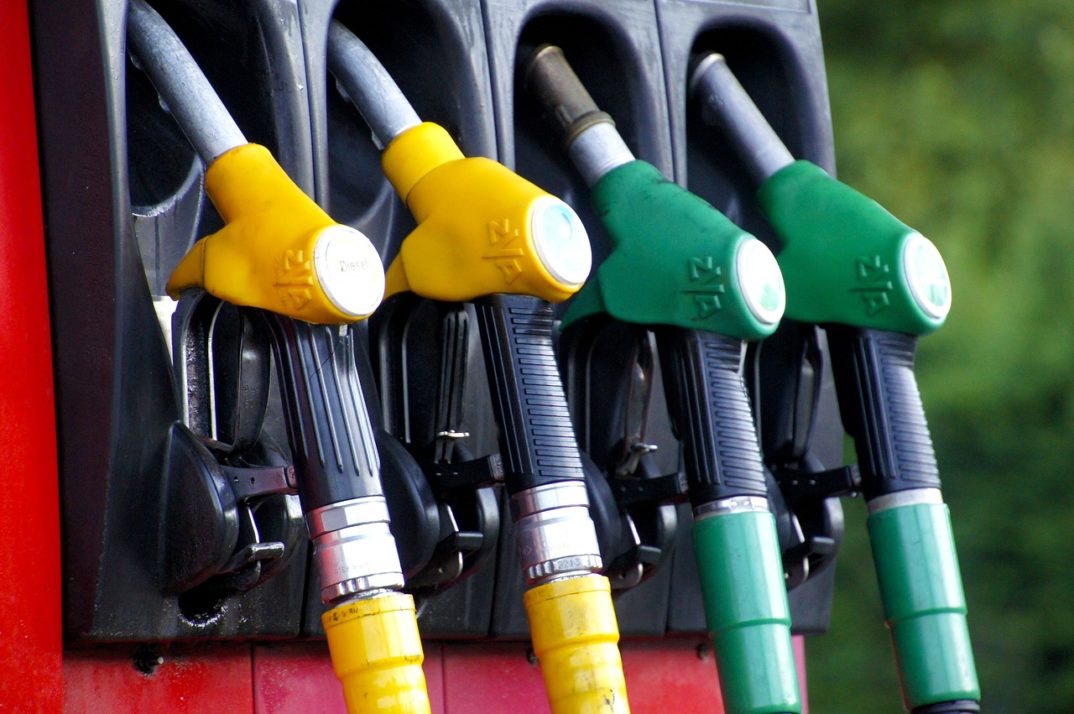Price Gouging: Noble Virtue or Necessary Evil?
Hurricane Harvey has barely receded in Texas. Irma has devastated parts of Florida. Jose is on deck. Katia has already hit Mexico. Lee never really got going, but Maria is building strength. If we survive, this season promises us a hurricane Ophelia. It’s a good year for inland weather buffs, and for people selling emergency supplies.
Store shelves and gas pumps are empty. In their post disaster ritual, a cadre of public economists have emerged to explain that price gouging would solve the problem of empty shelves.
They have a good argument. Under ordinary circumstances, the price system is a way of distributing consumer goods. Increased demand for a good raises the price that can be charged. If the good is not wanted or needed, consumers will shift their consumption, lowering demand. If the good is wanted or needed, the higher price signals to suppliers to bring more of the good needed. We accept this in virtually all our consumer purchases. The price system distributes good to those who want them the most. It can be a tool for rationing goods to those who need them, as well. Very high prices discourage hoarding, allowing more people to have some of what is needed. High prices also encourage people to supply more goods where they are needed. If I had a truck full of gasoline that I could sell for $10 a gallon in Texas instead of $3 in Wisconsin, I’d drive south.
Many economists seem genuinely puzzled that we would not employ this powerful and efficient tool for rationing goods just when we need it most. Gouging is illegal in many states, but people refrain for other reasons. Potential gougers fear retribution on social media. National brands especially can be hurt by local gouging. After a photo of $40 water went viral, Best Buy threw some low-level employees under the bus to save face. Gasoline is a perfect product for price gouging. Consumers can regulate their use, driving only when it is essential. Supply can be trucked in in many ways. But when it comes to gas, even the most libertarian of Texans disapprove of price gouging.
In every other aspect of our economic life we appeal to the profit motive. I know there will be fresh food at the local grocery store because my neighbors and I are willing to pay real American money for it. But, when disaster strikes, we appeal to altruism. Richard Thaler argues that, “A time of crisis is a time for all of us to pitch in; it’s not a time for all of us to grab.” The mayor of San Antonio has appealed to people not to hoard gas. Many good people and groups are taking cash donations. Good people should only buy what they need. Good merchants should not exploit genuine need to extort their customers. There is a deep-seated moral objection to price gouging. But why?
The aggregate utilitarian benefit of price gouging is clear. When given the choice between relying on humanity’s self-interest or humanity’s humanity, the former is the safer bet. This is the problem. The aggregate benefit only occurs if individual merchants exploit individual victims. Economists like to talk about butchers and bakers and bees to explain how our selfish goals can lead to beneficial results. Merchants do not seek a common good even if their behavior produces one. But gouging crosses a line. It is very difficult to defend the gouger’s motives. Don Boudreaux writes of heroic merchants who “willingly endanger their reputations in such situations by raising prices …to incite suppliers to exert the extra effort that is necessary to rush additional supplies.” It is silly to think that the gouger charges an exorbitant price just to inspire other suppliers to fill the gaps. For them to say, “I gouge because it is the only way I can get other people to gouge,” is a rationalization, not an intention. Intentions matter in ethics. The gouger is intending to make as much money as possible. The necessary information gets sent down the price system, hoarding is prevented and supply increased, only if the gouger has this intention.
This is coercive even under libertarian definitions of coercion. F.A. Hayek (the namesake of Boudreaux’s blog, cafehayek.com) explains coercion as manipulating circumstances to make another person choose what you want them to choose, but that they would not under authentic circumstances. A merchant might charge a higher price for something than I could pay. I will need to change my plans and limit my options. This is the market. I am not coerced or exploited. If he tells me he will kill me if I don’t buy his product, he can name his price. This is coercion.
Price gouging crosses a line that even Hayek recognizes, between voluntary market transactions and coercion. Threatening to kill and threatening to let die are morally equivalent when the threat is part of gaining cooperation in a transaction. If it is “crucial for my existence or the preservation of what I most value that I remain employed or purchase a service, I can easily be coerced.” The gouger exploits the fact that under disaster conditions, individuals believe they will suffer horribly without the product he is selling. According to Hayek, such conditions are “not impossible” but would be rare “in a prosperous competitive society.” Disasters are rare transient events where these conditions arise. When someone believes they will lose what they value most if they do not purchase a product, the market will bear any price. We have left the realm of purely voluntary transactions.
There is an aggregate benefit to price gouging; resources are better rationed. There will be more goods available, and some individuals will be better off. But an aggregate benefit is not a universal benefit. To gain this benefit, other individuals are coerced and exploited. These individuals are not picked at random. Where there is the greatest need, there will be the highest prices. The individuals being coerced and exploited are precisely those individuals hurt most by the disaster. We should have deep seated moral problems with this behavior. Until there is a better way to get essential goods held on the private market to disaster areas, price gouging is not a noble calling but at best a necessary evil.





